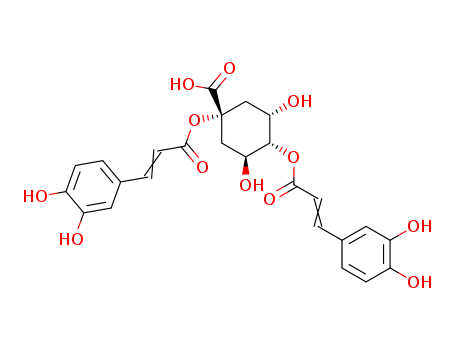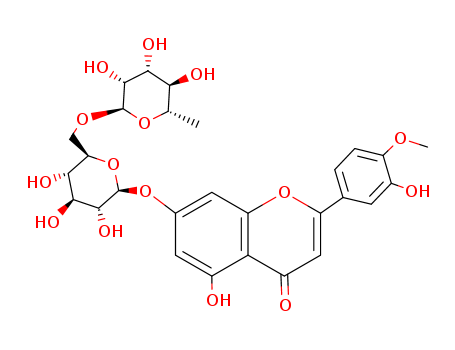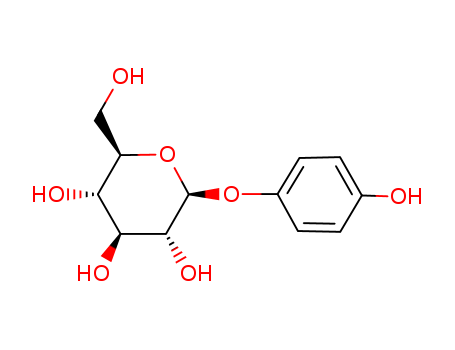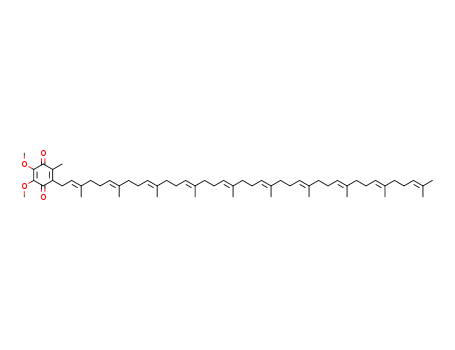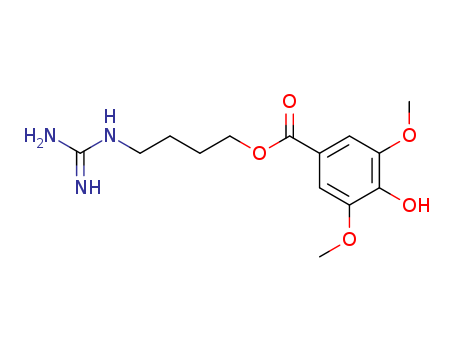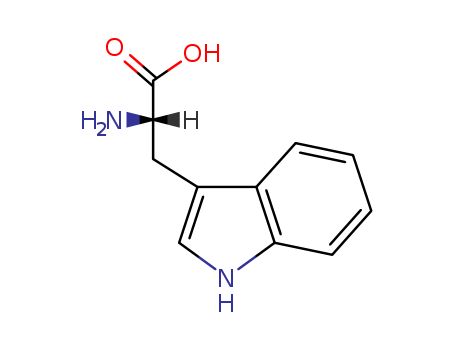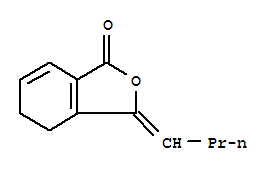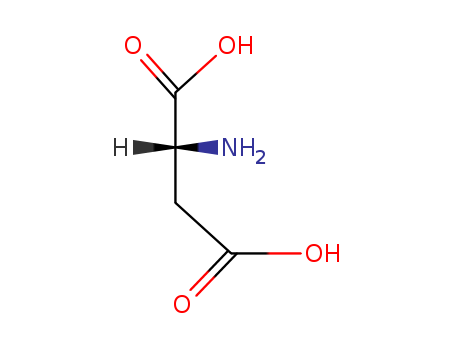Details
Where will Artichoke extbe used for?
·IrritableCholesterol Reduction:
The artichoke has strong choleretic activity (promotes bile secretion in the liver), and choleretics increase the excretion of cholesterol and decrease the manufacture of cholesterol in the liver.
·Irritable Bowel Syndrome Symptom Relieve:
Artichoke leaf extract has potential value in relieving irritable bowel syndrome symptoms.
·Dyspepsia Relieve:
Dyspepsia is often attributed to insufficient flow of bile from the gallbladder, and there is evidence that artichoke leaf has the ability to stimulate this flow.
·Liver Function Protection:
The artichoke plant is a member of the thistle family, and like milk thistle, it benefits the liver, protecting against toxins and infection. A Mediterranean home recipe uses fresh artichoke leaf juice mixed with wine or water as a liver tonic.
·Diabetes Prevention
The carbohydrate in artichokes is in the form of inulin, which has been shown to stabilize blood sugar levels in diabetes. The artichokes must be fresh, as the inulin will eventually convert to other sugars as the artichoke ages.1. 2.5%, 5% Cynarine
2. GMP,cGMP,HALAL,Kosher
3. Large output
4. CAS No.1182-34-9
5. Free samples
Artichoke Extract 2.5%, 5% CynarinCAS# 1182-34-9 Main Contents CynarinPlant Resource Cynara cardunculusMain Specification 2.5%, 5% cynarinAppearance Brownish yellow fine powderPlant Part Used LeafExtract Solution water/alcohol What is Artichoke?The globe artichoke (Cynara cardunculus var. scolymus) is a perennial thistle of the genus Cynara originating in Southern Europe around the Mediterranean. Today, globe artichoke cultivation is concentrated in the countries bordering the Mediterranean basin. The main European producers are Italy, Spain, and France. In the United States, California provides nearly 100% of the U.S. crop, and about 80% of that is grown in Monterey County; there, Castroville proclaims itself to be "The A1. 2.5%, 5% Cynarine2. GMP,cGMP,HALAL,Kosher 3. Large output 4. CAS No.1182-34-9 5. Free samples
Globe Artichoke Extract 2.5%, 5% Cynarine CAS# 1182-34-9 Main Contents Cynarine Plant Resource Cynara cardunculusMain Specification 2.5%, 5% cynarin UVAppearance Brownish yellow fine powderPlant Part Used LeafExtract Solution water/alcoholMolecular formula and weight C25H25O12 , 517.46 Melting Point 267°C~272°C
What is Artichoke?The globe artichoke (Cynara cardunculus var. scolymus) is a perennial thistle of the genus Cynara originating in Southern Europe around the Mediterranean. Today, globe artichoke cultivation is concentrated in the countries bordering the Mediterranean basin. The main European producers are Italy, Spain, and France. In the United States, California provides nearly 100% of the U.S. crop, and about 80% of that is grown in Monterey County; there, Castroville proclaims itself to be "The Artichoke Center of the World", and holds an annual artichoke festival. Most recently, artichokes have been grown in South Africa in a small town called Parys located along the Vaal River. What is Artichoke extract?The globe artichoke (Cynara cardunculus var. scolymus) is a perennial thistle of the Cynara genus originating in Southern Europe around the Mediterranean. It grows to 1.4–2 metres (4.6–6.6 ft) tall, with arching, deeply lobed, silvery, glaucous-green leaves 50–82 centimetres (20–32 in) long. The flowers develop in a large head from an edible bud about 8–15 centimetres (3.1–5.9 in) diameter with numerous triangular scales; the individual florets are purple. The edible portion of the buds consists primarily of the fleshy lower portions of the involucral bracts and the base, known as the "heart"; the mass of immature florets in the center of the bud is called the "choke" or beard. These are inedible in older larger flowers. Where will Artichoke extbe used for?·IrritableCholesterol ReductionThe artichoke has strong choleretic activity (promotes bile secretion in the liver), and choleretics increase the excretion of cholesterol and decrease the manufacture of cholesterol in the liver.·Irritable Bowel Syndrome Symptom RelieveArtichoke leaf extract has potential value in relieving irritable bowel syndrome symptoms.·Dyspepsia RelieveDyspepsia is often attributed to insufficient flow of bile from the gallbladder, and there is evidence that artichoke leaf has the ability to stimulate this flow.·Liver Function ProtectionThe artichoke plant is a member of the thistle family, and like milk thistle, it benefits the liver, protecting against toxins and infection. A Mediterranean home recipe uses fresh artichoke leaf juice mixed with wine or water as a liver tonic.·Diabetes PreventionThe carbohydrate in artichokes is in the form of inulin, which has been shown to stabilize blood sugar levels in diabetes. The artichokes must be fresh, as the inulin will eventually convert to other sugars as the artichoke ages. Packing Detail Packed in paper-drums and two plastic-bags inside. Net Weight 25kgs/drum. I.D. 40CmX50CMStorage Situation Stored in a cool and dry well-closed container, keep away from moisture and strong light / heat. Shelf Life two years under well Storage situation and stored away from direct sun light.
